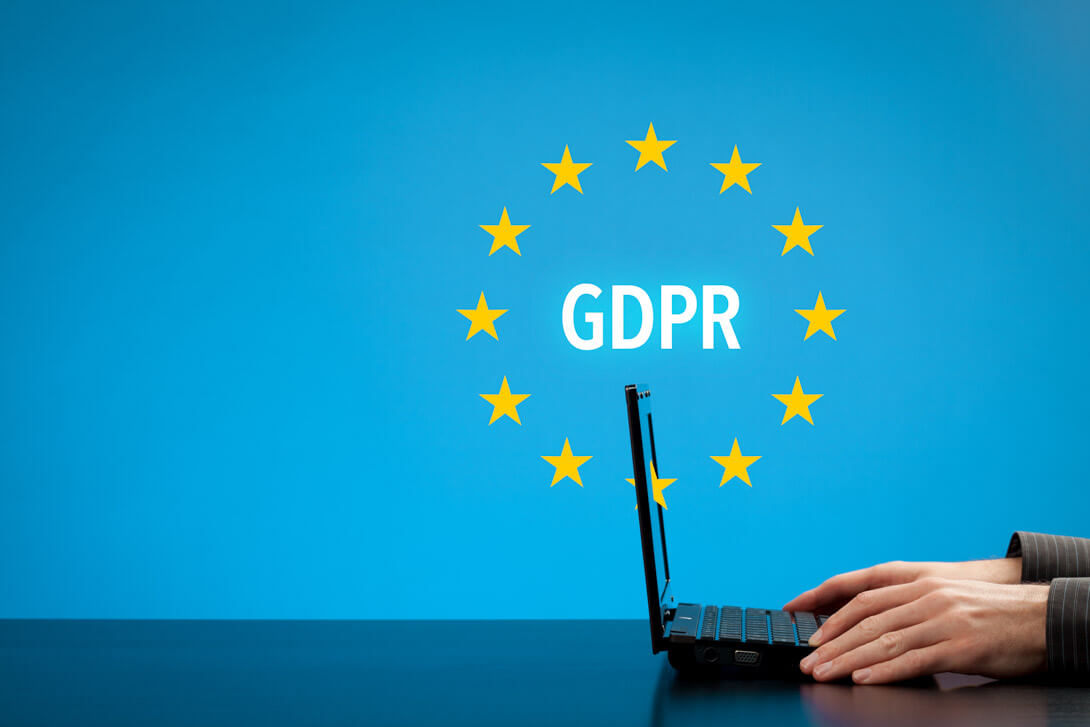Have you ever thought how vulnerable your data is when you fill personal details online for banks, insurances, or even on social media? No doubt that the cloud service providers work hard to ensure safety to your personal information, but are the organizations doing enough? Many of the vulnerable bulk data is stored for future references to enhance the consumer experience. Keeping this in mind, the European Parliament has formulated a regulation called The GDPR (General Data Protection Regulation), enforced on May 25, 2018. Some of the GDPR FAQs are discussed in the upcoming sections.
What Is General Data Protection Regulation?
GDPR is a data protection law, which carries provisions that require all organizations to protect the personal data of all the European Union (EU) citizens, also referred to as data subjects. GDPR regulates the privacy of EU citizens within the EU member states as well as outside the EU. The standard set by the General Data Protection Regulation is high, and the businesses outside the EU need to rethink their strategy in providing adequate data security.
What Are the Provisions in General Data Protection Regulation?
This new regulation gives utmost importance to the consumers’ rights to access and data privacy. It is the task of the organizations and the cloud providers to ensure that consumer data is secure. The impacts of GDPR (General Data Protection Regulation) are:
- GDPR applies to all businesses in the EU including those where the data processing part happens outside the EU
- If your business is dealing with the EU citizens, be it in the EU territory or no, then it is subject to GDPR
- It requires that the organization must process only the data which the consumer agrees and they have every right to stop the processing of the personal information at their will
- The companies need to provide an e-paper to the consumers, outlining the details of the usage of the data.
Who Is Affected By General Data Protection Regulation?
Any company that stores and processes the personal data of the EU citizens within the EU states must comply with the GDPR. Also, if the company has no presence in the EU, but it processes the data of EU residents, then they also come under its gambit.
Who Is Responsible for Non-Compliance during Security Breach?
According to the GDPR (General Data Protection Regulation), the employees who are directly related to data function and storage must ensure regulatory compliance. If the data controller (one who collects data; example, the company), data processor (one who processes data on behalf of the data controller; example, cloud service provider) or the Data Protection Officer (DPO) breach the law, then they will be penalized. This penalty can be as high as a whopping 4% of the business turnover.
Supervisory Authority
The lead supervisory authority is the primary data-protection regulator. It is the one-stop-shop, an authority that the company contacts for any compliance activity like registration of a DPO (data-protection-officer), notification of any risky processing activities, or warning of any breach of data security. Supervisory authority handles such data security and protection complaints of organizations, and then they conduct specific investigations for undertaking any enforcement activities that would relate to cross-border processing.
What Are the Impacts of GDPR on Businesses?
The businesses will have to rethink their strategy to collect and store the data. The data needs to sort out periodically and delete redundant information. Appropriate DLP Security measures are implemented, and any data breach is notified to the concerned authorities.
Appointing a DPO
Besides legal obligations, appointing a DPO would do a lot good for your organization. In this super-information era, where data is serving as building blocks for any firm, appointing a DPO does ensure data protection, whether it is collection or processing of that data. A DPO would increase your chances of remaining a step ahead in this competitive, dynamic, evolving, global world of data-protection landscape. Simultaneously, it would enhance your customer service and would also improve upon your responsiveness towards augmenting public-awareness and regard for the protection of your data.
GDPR Encouraging “Pseudonymization” of Personal-Data
GDPR has introduced a fresh concept in the European data-protection-law, and that is “Pseudonymization,” which is data separation from direct identifiers to avoid any linkage to some identity without held separately additional info. Pseudonymization can thus reduce the data processing risks considerably enough, at the same time, maintaining data-utility. For doing this, GDPR (General Data Protection Regulation) has created incentives for controllers for pseudonymizing that data white they would collect. Though pseudonymous-data is unexempted from that Regulation, it would relax some requirements on controllers that are using this technique.

